Here’s Why Pandemic Fatigue Is (Still) So Draining
 Many of my patients are stressing over—and feeling exhausted by—the same things: uncertainty about travel and social gatherings, trouble focusing and completing tasks, and general burnout, to name a few. We’re all tired, and talking about exhaustion over and over again is, well, exhausting. Read more ›
Many of my patients are stressing over—and feeling exhausted by—the same things: uncertainty about travel and social gatherings, trouble focusing and completing tasks, and general burnout, to name a few. We’re all tired, and talking about exhaustion over and over again is, well, exhausting. Read more ›


 These mental health primers, developed by the Coalition for Psychology in Schools and Education, provide information for classroom teachers to help them identify behaviors in the classroom that are symptomatic of mental health and other psychological issues, with the goal of directing teachers to appropriate resources for the students.
These mental health primers, developed by the Coalition for Psychology in Schools and Education, provide information for classroom teachers to help them identify behaviors in the classroom that are symptomatic of mental health and other psychological issues, with the goal of directing teachers to appropriate resources for the students. 
 The Madrigal family of the Disney animated film Encanto lives in a beautiful hidden village in Colombia, where a miracle imbues members of the family with a magical gift—from super-strength to the ability to heal to shapeshifting—that they use to help their community.
The Madrigal family of the Disney animated film Encanto lives in a beautiful hidden village in Colombia, where a miracle imbues members of the family with a magical gift—from super-strength to the ability to heal to shapeshifting—that they use to help their community.
 Last night, my daughter snuck upstairs to say (another) goodnight as I was curled up on the couch, watching the news. While I did manage to quickly hide my secret chocolate stash under a throw blanket, I didn’t pause the TV in time to prevent her from the jarring sight of families desperately fleeing a bombed out apartment building in Ukraine. She looked at me, panic-stricken. “Are we in a war?” she asked. She’s nine, and I didn’t know what to say.
Last night, my daughter snuck upstairs to say (another) goodnight as I was curled up on the couch, watching the news. While I did manage to quickly hide my secret chocolate stash under a throw blanket, I didn’t pause the TV in time to prevent her from the jarring sight of families desperately fleeing a bombed out apartment building in Ukraine. She looked at me, panic-stricken. “Are we in a war?” she asked. She’s nine, and I didn’t know what to say. 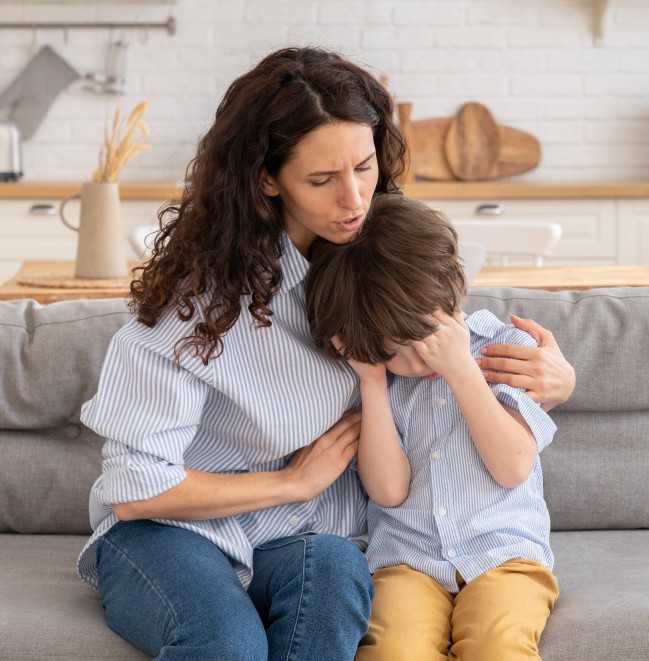
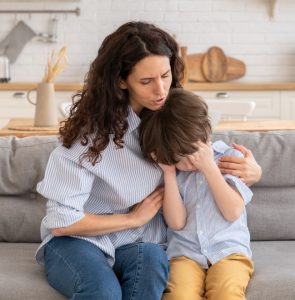 Hear what child development experts have to say about what parents, teachers and other caregivers can do to help prepare and protect kids from all the scary news out there, whether it’s fighting overseas, a school shooting, devastating wildfire or a global pandemic.
Hear what child development experts have to say about what parents, teachers and other caregivers can do to help prepare and protect kids from all the scary news out there, whether it’s fighting overseas, a school shooting, devastating wildfire or a global pandemic. 
 Even after weeks of bracing for an attack amid speculation, global tensions and diplomatic attempts to stave off invasion in the Ukraine — the reality of conflict is always a shock to the system.
Even after weeks of bracing for an attack amid speculation, global tensions and diplomatic attempts to stave off invasion in the Ukraine — the reality of conflict is always a shock to the system.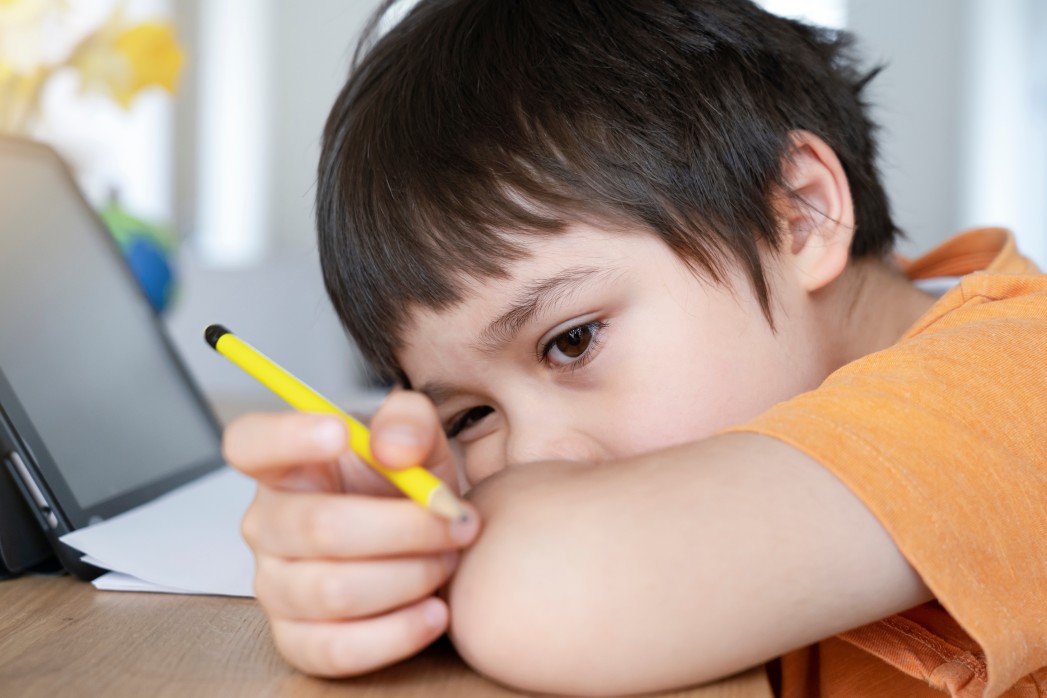
 There’s
There’s 
 This past fall, students and staff at close to 200 public schools in Wake County, N.C., which includes Raleigh, received an unexpected break. Schools were closed on November 12 for a day of reflection and preparation.” That same day, schools in Cumberland County, N.C., about 60 miles south, had the day off for “Wellness Friday.”
This past fall, students and staff at close to 200 public schools in Wake County, N.C., which includes Raleigh, received an unexpected break. Schools were closed on November 12 for a day of reflection and preparation.” That same day, schools in Cumberland County, N.C., about 60 miles south, had the day off for “Wellness Friday.” 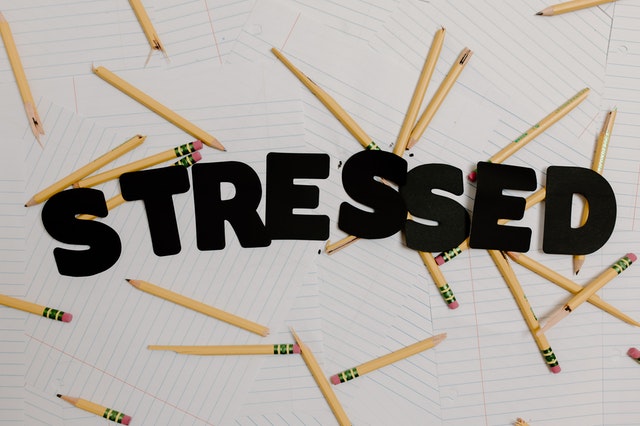
 Schools might be reopened, but the mental health impact of the pandemic has lingered for thousands of California students. More than half of those surveyed during the pandemic said they lack motivation, often feel depressed and have not received counseling services, according to a recent study.
Schools might be reopened, but the mental health impact of the pandemic has lingered for thousands of California students. More than half of those surveyed during the pandemic said they lack motivation, often feel depressed and have not received counseling services, according to a recent study. 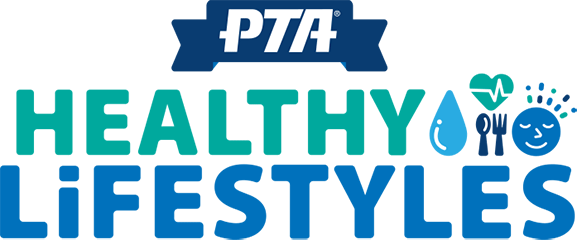
 It’s important to support the mental health of all children—before, during and after challenges arise — and to support parents’ and caregivers’ mental health too.
It’s important to support the mental health of all children—before, during and after challenges arise — and to support parents’ and caregivers’ mental health too. 

